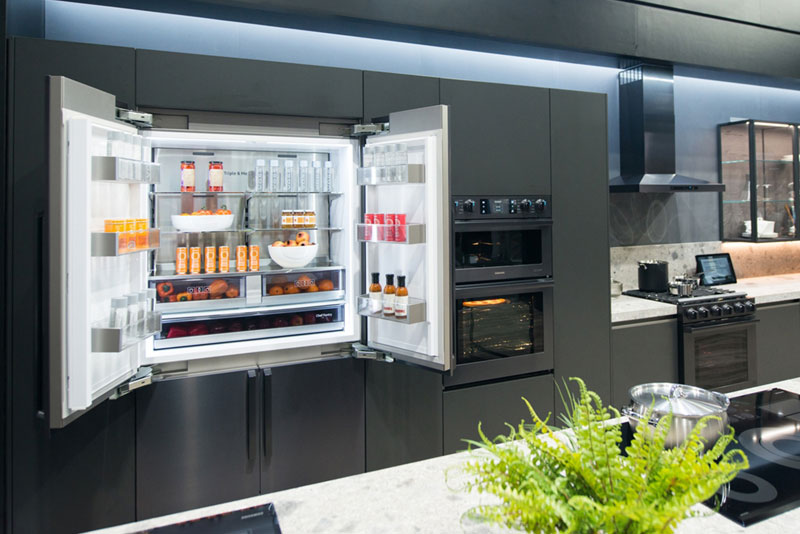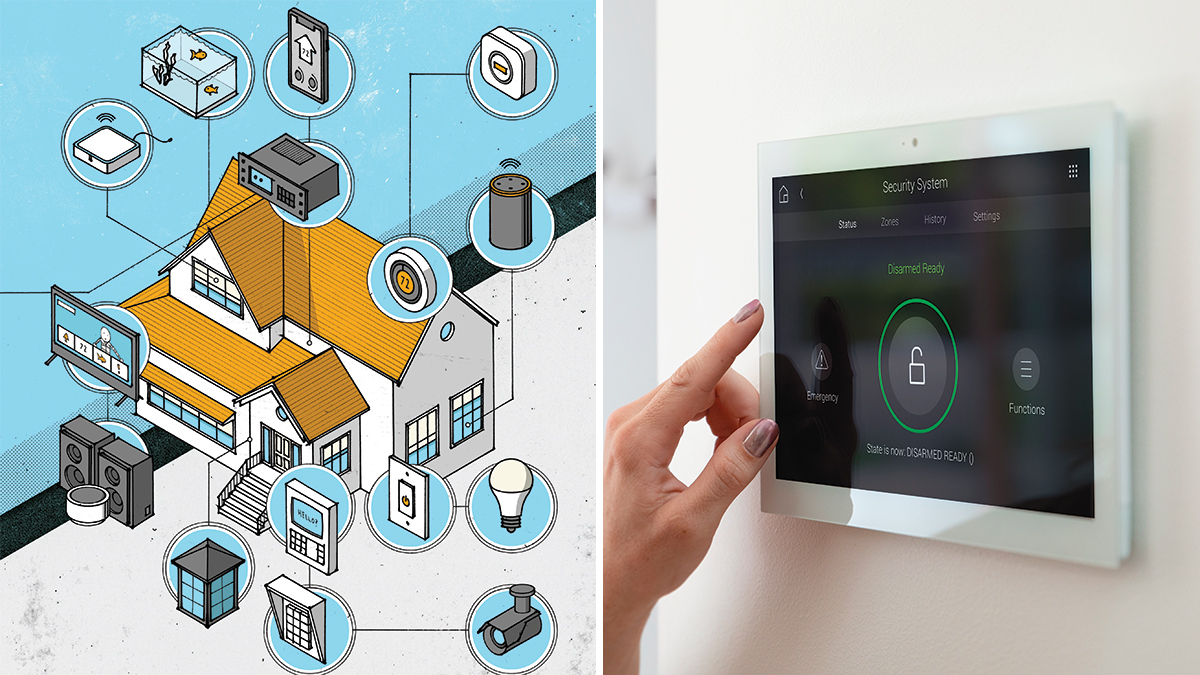
Smart Living: Embracing High-Tech Appliances
In the era of smart homes, high-tech appliances are transforming the way we live, offering convenience, efficiency, and connectivity. From kitchen gadgets to home automation systems, these innovations are enhancing our daily routines. Explore the world of high-tech appliances and discover how they contribute to a more streamlined and connected lifestyle.
1. The Rise of Smart Kitchen Appliances
The kitchen has become a hub of innovation with the introduction of smart appliances. From smart refrigerators that can create shopping lists to ovens that can be controlled remotely, these high-tech additions offer efficiency and convenience. Smart kitchen appliances are designed to simplify meal preparation, grocery shopping, and overall kitchen management.
2. High-Tech Appliances: A Link to Connectivity
For a comprehensive guide to high-tech appliances and their impact on modern living, visit High-Tech Appliances. This resource explores the latest trends, reviews, and expert insights into incorporating connectivity and smart technology into your home for a more efficient lifestyle.
3. Intelligent Home Security Systems
Beyond the kitchen, high-tech appliances extend to home security systems. Intelligent cameras, smart doorbells, and automated locks are components of advanced security setups. These systems allow homeowners to monitor their property remotely, receive real-time alerts, and enhance the overall safety of their homes.
4. Energy-Efficient Smart Lighting
Smart lighting systems have revolutionized how we illuminate our homes. Energy-efficient LED bulbs, coupled with smart controls, allow users to adjust lighting levels, colors, and schedules through smartphone apps or voice commands. This not only contributes to energy savings but also creates personalized lighting experiences.
5. High-Tech Appliances in the Laundry Room
The laundry room is not left behind in the wave of innovation. Smart washing machines and dryers offer features like app-based controls, energy monitoring, and even the ability to reorder laundry supplies automatically. These appliances streamline laundry tasks and contribute to energy conservation.
6. Voice-Activated Assistants
Voice-activated assistants, such as smart speakers, have become integral to high-tech home setups. These devices, powered by virtual assistants like Alexa or Google Assistant, allow users to control various appliances, ask questions, play music, and more using voice commands. They serve as central hubs for smart home connectivity.
7. High-Tech Appliances and Health Monitoring
Health-conscious consumers are benefitting from high-tech appliances that integrate health monitoring features. Smart scales, fitness trackers, and even refrigerators equipped to suggest healthy recipes contribute to a holistic approach to well-being within the home.
8. Automated Climate Control Systems
Smart thermostats and climate control systems bring automation to home heating and cooling. These high-tech appliances learn user preferences, adjust temperatures based on occupancy, and can be controlled remotely. This not only enhances comfort but also contributes to energy efficiency.
9. The Future of High-Tech Appliances
As technology continues to advance, the future of high-tech appliances holds exciting possibilities. From artificial intelligence-driven appliances that learn and adapt to user preferences to innovations in sustainable and eco-friendly technologies, the trajectory points towards a more intelligent and environmentally conscious living.
10. Embracing a Smarter Lifestyle
In conclusion,






![Everything You Need to Know Hermes’ [Bag Name] Everything You Need to Know Hermes’ [Bag Name]](https://images.unsplash.com/photo-1507666664345-c49223375e33?fm=jpg&q=60&w=3000&ixlib=rb-4.0.3&ixid=M3wxMjA3fDB8MHxzZWFyY2h8MTN8fGhlcm1lcyUyMHBhcmlzJTIwYmFnfGVufDB8MHwwfHx8Mg%3D%3D)




